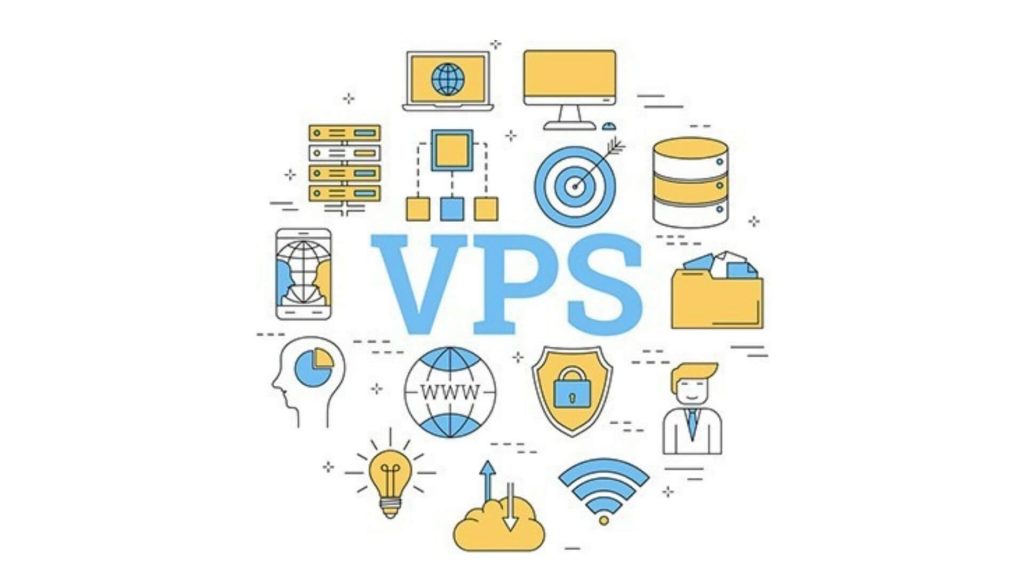Web hosting is the first thing that comes to mind when discussing the uses of VPS. Besides hosting a web server, have you ever wondered what to do with VPS? In this article, you can understand what is the use of VPS besides hosting a web server.
1. Run a Game Server
Gaming has become a favourite pastime for many of us, and its popularity has been steadily increasing over the past few decades. In an era when the Internet is becoming more and more accessible, the popularity of online games among gamers is also rising.
One of the many ways you can use VPS for server hosting is to set up an online game server to play with your friends. There are many types of games you can host. Some of the more popular games include CS: GO, Minecraft and World of Warcraft, to name a few.
Game sessions are usually hosted on dedicated servers. However, these costs are much higher, and if you use a more powerful VPS option, you can get the same performance as a dedicated server at a lower price.
This makes your VPS ideal for this purpose. In fact, as you might imagine, hosting games does not take up too many resources on the server. The use of VPS for this purpose is actually a matter of course.
2. Setting up a mail server
Another service that almost all businesses have to pay for is hosted email. With VPS, you can avoid these costs by hosting the company’s own email server.
Even the most basic VPS option can easily handle a self-hosted open-source email server where you can host the addresses of all your employees. On the other hand, SaaS services will usually be charged based on the number of mailboxes.
Open-source email servers are very abundant on the Internet. They do require some extra technology to run, but if you have already dealt with this part, nothing can stop you from hosting the company’s email server.
3. Stay in touch with VoIP
The virtual private server also allows you to host your own VoIP server and make calls over the Internet. Acting as an “Internet phone”, you can use VoIP for multiple purposes, such as using actual phones to call people, talking with colleagues at work, or playing games.
One open-source VoIP option you can use is Mumble. It is mainly aimed at gamers and has clients for Windows, Linux and OS X. Ubuntu users can use their packages in the official repositories and install them by running the following command:
$ sudo apt-get install mumble-server
$ sudo dpkg-reconfigure mumble-server
4. Set up a VPN
In a period of increasing Internet fraud, virtual private networks can help their users hide online payment details as well as potential hackers’ company and customer data.
However, many VPN providers, whether paid or free, have suspicious ownership, and some even sell user data. VPNs have been a controversial issue for the past few years because of the latest changes in how ISPs handle your data and even sell it.
All of this means that the ability to install a VPN on your VPS can change a life.
For example, if you are used to using public WiFi, you are more vulnerable to data threats. WiFi networks are rarely adequately protected. Fortunately, if you have a VPS, you can use it as a VPN to ensure that your browsing session is safe in a coffee shop on the street or in an airport using Wifi while travelling. You can safely check all accounts and financial data without worrying about online fraud.
If you are the type that likes to control which VPN you can use, you can rely on OpenVPN. Installing this trusted open-source VPN on a VPS provides you with great flexibility and is a highly customizable solution. It is very suitable to protect the website hosted by VPS through the VPN layer. You can also configure the entire VPS to act as a VPN. Some open-source options that simplify this process include Algo and Streisand.
5. Access A GUI remotely
We fully encourage users to use their VPS to increase their understanding of Shell commands and manage Linux in general. However, if you insist on using the command line, it is difficult to accomplish certain operations.
You can try to use virtual network computing or VNC, which can make your VPS a graphical interface. This makes it work like a desktop or portable computer.
For example, if your VPS uses Ubuntu, all you must do is install the Xfce desktop environment and TightVNC server on it. Remember, for connection security considerations, you should first create an encrypted SSH tunnel.
To know more about our Linux VPS Hosting Plans and Windows VPS Hosting Asia, you can look into our product plans.




